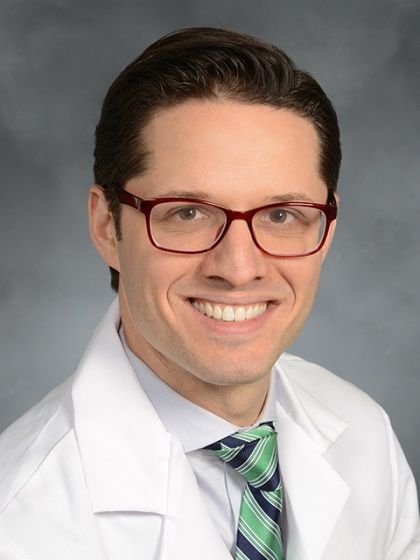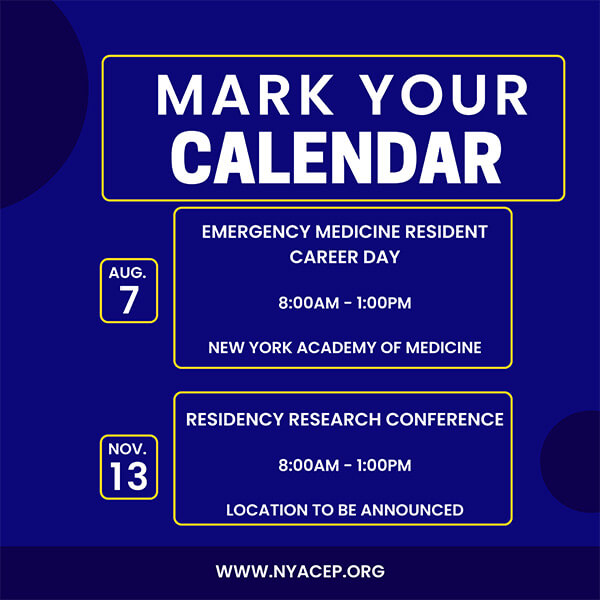March 5th was wet and windy in Albany, I was at the state capitol in a business suit waiting for an elevator with my friend, colleague and fellow Upper West Sider, Dr. Elaine Rabin. As the relative absurdity of the moment washed over me, I ask her: “Elaine, what are we doing here? This is our day off!”
What were we doing there?
We, along with about 20 other NY ACEP members from around the state (including residents, junior and senior attendings, department chairs and regional chiefs of service) were in Albany with appointments to meet elected officials and their staff to help them understand how various proposed laws and budget items would affect the delivery of emergency care in our state. We were representing Emergency Medicine in NY, we were lobbying.
Most of us (myself included) are not particularly interested in lobbying. We’re not policy wonks, movers, shakers, or legal eagles. But at some point over the years a friend or colleague invited us to lobby day and that helped us to understand just how close we are to the levers of power. We learned that simply taking some time to explain the Emergency Physician’s point of view to lawmakers can have seismic effects on our personal and professional lives and on how emergency care is delivered to New Yorkers.
Every year there are legislative threats and opportunities relevant to Emergency Medicine in New York and lawmakers often have an absent, incomplete, or inaccurate understanding of the intended and unintended consequences. In lobbying, we doctors educate the politicians about what a proposed new law could mean to the way Emergency Medicine is practiced and delivered in NY. And we often open their eyes to things they hadn’t considered.





